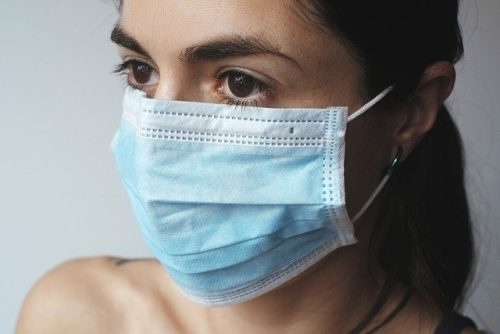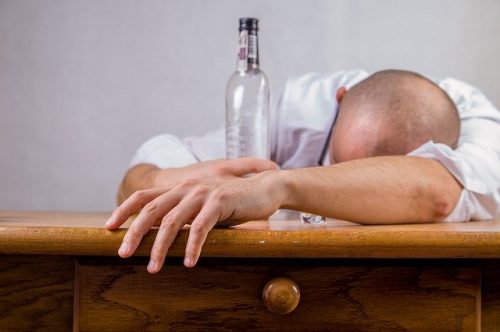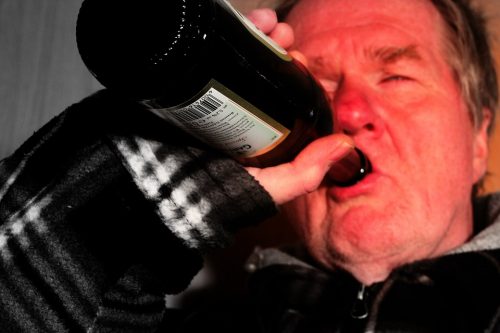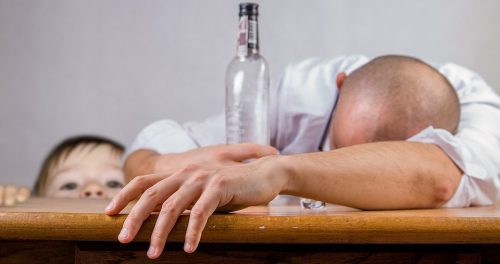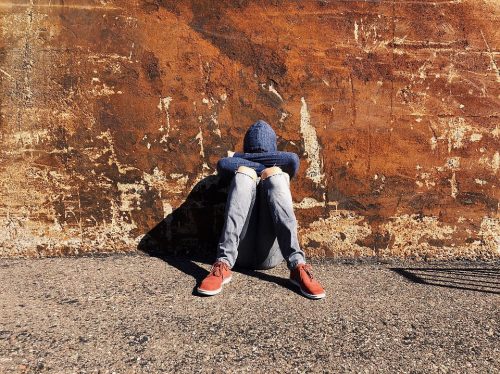Are you someone whose family is exposed to drug abuse? I am. And here’s my story of substance dependence and how healing came to him and the rest of the family.

Introduction To Drug Abuse Treatment
Does drug addiction exist in your family? Let’s learn about it from a real-life experience since it is a widespread problem that needs awareness and attention.
This is why substance help such as addiction treatment or therapy is a significant topic to discuss because not everyone is open about it.
Substance Abuse Treatment – A Story I Will Remember
When I was much younger, my dad’s little brother and sister went to another location to look for greener pastures.
Soon after they moved, my aunt married.
Whenever Uncle Jay would call us back home, he would sound really well, like he was not into drugs.
He told us that he had already become a sous chef at the restaurant where he used to work as a busboy.
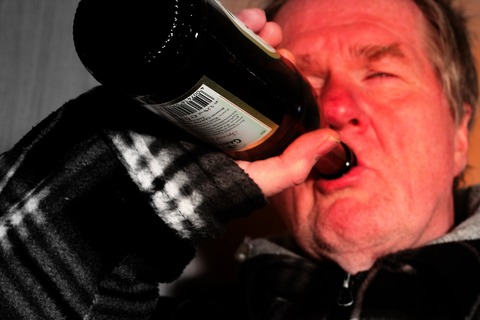
The whole family was happy for him! The support for him was overwhelming.
As the number of substance use disorders and alcohol abuse cases continues to rise, more and more family members are seeking healing and recovery.
Addiction counseling can provide invaluable support and guidance to those struggling with these disorders, as well as help them cope with the addiction symptoms and effects of their disease and rebuild bonds with children and spouses.
There are many different types of substance abuse prevention therapy programs you can access, so it is important to do some research in order to find one with high effectiveness.
Looking Into Rehabilitation Programs – A Way To Healing And Recovery

One of the most important factors to consider is whether or not the program has experience treating patients with your specific type of dependence or craving.
Check with your local site to see how you can avail of the services offered by your substance abuse counselor using health insurance. Counselling services for substance use disorder requires addiction treatment.
My aunt saw my uncle less and less since she got pregnant and started her own family. They would no longer go out together, especially when Aunt Mary gave birth and got busy looking after her kid.
Still, we had the impression that there was nothing wrong with them. We would eventually find out that he was indeed into drug use (or substance use) and he was able to manage cravings for some time.
At that time, he would have benefited from treatment and therapy. The addiction treatment really helps. The mental health counselors assist with behavioral disorder and mental and behavioral disorder.

Bringing Substance Abuse Into The Family
Once Aunt Mary called and found out that my uncle would be bringing his friend home, though, she was a little offended. She said, “What was he doing? Why would he bring substance abuse to our family?” Of course, my dad was confused. Alcohol (and other substance) abuse was nowhere in our minds.
We were just there to support each other in everything. All of us were not aware that the addiction was slowly creeping into the family.
Was it opioid or alcohol dependence? What kind of substance use was it? We had no idea at all! We never had any abuse problems in the family. We have never talked about substance abuse treatment for any substance use disorders before.
Substance Abuse Interventions
Seeking substance abuse or drug addiction counseling and getting clinical information with a mental health addiction counselor or licensed professional was not a topic in the family back then. We always thought we were the healthy ones. We were stubborn to seek health counselors help for disorder and mental issues.
It was difficult to process. Dependence was only something that happened to other families – not ours! But, yes, sadly, we were one of those families.
My aunt divulged that the same guy introduced my uncle to substances that could potentially lead to dependence on drugs. When I heard the truth about it, even I could not believe it. I thought my Uncle Jay had always been sensible and responsible enough to know that substance abuse is not good for anybody.
My dad did not believe it either and even got a little upset with my aunt for thinking awfully about their brother. All she said was, “You’ll see what I mean when they get there.” It was then that my dad thought about therapy for dependence.

He looked into residential treatment facilities, treatment providers, and counselors. He didn’t expect to be dealing with substance abuse when it came to his brother.
Now he was worried about his mental health and the mental health of the whole family. Was substance use really in the family?
Abusive Behavior And Therapy
Since I heard about my uncle’s possible dependence, I began observing the signs. It had been almost ten years since I saw him last, but Uncle Jay did not change much.
He had no apparent mental health conditions.
The most apparent thing was that he wore more expensive clothes these days, which was nice.

You wouldn’t think about substance ABUSE when you looked at him.
He wasn’t someone who would go into Counseling or someone who had drug cravings.
Then, one evening, my mom asked me to call my uncle and his friend since dinner was already prepared. They shared the guest room while staying with us. I slowly walked up the stairs for some reason. That’s when I saw Julio in the act of inhaling two lines of cocaine on his side table. And my dad saw everything too. Substance abuse right in front of my face!
Dad kicked Julio out that same night and told him never to come back since he was no longer welcome in our family because of his addiction problem. He wanted him to swear that he’d go to therapy or counseling. The family was just shocked.
What Happened To The Individual?
As all the drug dependence drama was happening, my uncle was rooted in the bathroom entryway. He only moved when Dad returned upstairs and asked him if he knew that Julio was a user and addict.
Uncle Jay was adamant about denying his friend being an addict. He said he wouldn’t have made friends with the guy if he knew his addiction problem beforehand. However, since Aunt Mary forewarned us, my dad did not believe him. He brought my uncle to the hospital the next day for a drug test, regardless of how much Uncle Jay protested. The results turned out positive, of course.

As it turned out, Uncle Jay started using drugs when my aunt got married. He was not used to being alone, so he turned to illicit drugs to feel less lonely in life and not go into depression.
While it was no excuse to use, my dad’s heart softened and allowed him to stay in our house while getting addiction therapy. He talked to some substance abuse counselors who discussed family therapy sessions, treatment facilities, support groups, and treatment approaches and education that might help my uncle.
These support groups and treatment approaches may also be found online.
Seeking Help
The counseling and treatment, which included individual therapy and group therapy, practically aimed to help my uncle avoid relapse, learn independence, and become less gullible than usual when it came to friends who use drugs like Julio.
It only took six counseling sessions, but the change in my uncle’s disposition was incredible. The group therapy was really helpful in improving my uncle’s life. We were all hoping for a successful treatment process for him. He had all the support from his family.
When my uncle left, the first person he went to was Aunt Mary. Uncle Jay told her everything that happened during his visit, and they patched their relationship up. Last I heard, he was volunteering at a local counseling facility in his spare time to help with treating addicts like him.
He still went for counseling and therapy for his individual needs and was keen to read through treatment plans to keep himself at bay. He would also visit residential treatment facilities and attend alcoholics anonymous meetings.
All these became an important part of his life.
The state of Maryland is home to many top-rated addiction counseling programs. In Rockville, the community comes together to share resources and ensure that everyone has access to the help they need. States like Maryland are leaders in the fight against dependence, and they ensure that their communities are safe and healthy places to live. The SAMHSA National Helpline is a free, confidential, 24/7, 365-day-a-year treatment referral and information service (in English and Spanish) for individuals, teens, families, and communities facing mental and/or substance use disorders.
If you or someone you know is experiencing a crisis, call the National Helpline at 1-800-662-HELP (4357) or contact “Home” to the Crisis Text Line at 741-741. In addition, they are open 24 hours. Part of their role is to connect you with local resources or addiction counselor to page you and help you reduce your mental health worries and behavioral disorders.
